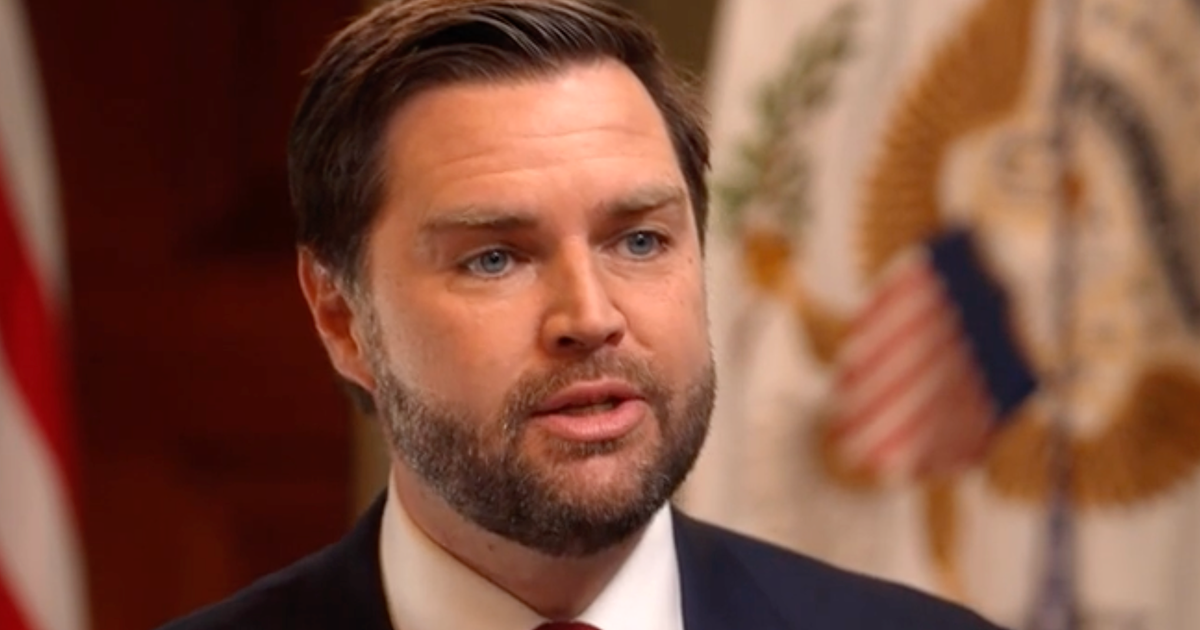
Fact Check Analysis: JD Vance, Trump, and the Constitutionality of Birthright Citizenship
One of our dedicated subscribers submitted a fact-check request regarding the recent CBS News article by Kaia Hubbard covering Vice President JD Vance’s defense of President Trump’s executive order targeting birthright citizenship. Our thorough analysis addresses misinformation, missing context, and critical questions to uphold the rigorous standards of the International Fact-Checking Network.

Does Trump’s Executive Order Conflict with the 14th Amendment?
The article quotes Vice President JD Vance defending President Trump’s executive order that seeks to end birthright citizenship for certain groups of individuals born in the U.S., including children of parents on temporary visas or those without legal status. However, this declaration requires scrutiny, as it directly engages with the text of the 14th Amendment to the U.S. Constitution.
The 14th Amendment unequivocally states: “All persons born or naturalized in the United States, and subject to the jurisdiction thereof, are citizens of the United States.” The long-standing interpretation by the government and the judiciary supports that children born on U.S. soil are citizens at birth—regardless of their parents’ immigration status—unless specific exclusions apply, such as children of diplomats.
Misinformation Alert & Oversights
Contrary to JD Vance’s assertion that the U.S. has “the dumbest immigration policy in the world,” a comparative look at global citizenship policies shows that over 30 countries, according to the CIA’s World Factbook, embrace birthright citizenship or have similar practices. This clearly undermines Vance’s claim and reveals a lack of nuance in the discussion, creating an impression that the U.S. is uniquely permissive when it is not.

Bias in Framing Policy as “Common Sense”
Vance’s remarks convey a biased framing of the executive order. By presenting the policy as “a very basic principle in American immigration law,” the statement glosses over the standing legal interpretations of the Constitution and ongoing judicial challenges. Furthermore, Vance omits the 14th Amendment’s established framework, creating a false equivalency between birth tourism or undocumented immigrants and a narrow pre-existing exception for diplomats.
Legal Challenges and Arguments
On the judicial front, the article correctly notes that a federal judge deemed the executive order “blatantly unconstitutional” shortly after its issuing. This aligns with expert consensus that altering birthright citizenship by executive action contradicts the 14th Amendment’s constitutional mandate—a process that would likely require a constitutional amendment. Vance’s comments downplay the serious legal hurdles this policy faces, even as he concedes that such matters will require litigation.
On the other side, proponents of the executive order argue that the phrase “subject to the jurisdiction thereof” in the 14th Amendment provides grounds for exclusion. However, this interpretation deviates from over a century of legal precedent set by cases such as United States v. Wong Kim Ark (1898), which upheld birthright citizenship. The reliance on modern applications of this restrictive reading introduces new legal and constitutional dilemmas.

What Readers Need to Know
Beyond the immediate debate, this issue raises pivotal questions about constitutional interpretation, the boundaries of executive authority, and America’s legacy as a nation of immigrants. Regardless of political affiliations, readers must take a closer look at claims that hinge on selective facts or omit critical legal context.
The CBS article provides an overview of the policy proposal, but it lacks balance in unpacking its implications or exploring the broader landscape of global birthright citizenship laws. For individuals concerned about misinformation, it’s crucial to question claims that suggest U.S. policies are an anomaly while ignoring historical and cross-national comparisons.
Your Takeaway & Call to Action
This analysis underscores the importance of critically evaluating policies and the framing of political arguments. Information that omits vital context or misrepresents legal precedents contributes to a distorted public discourse.
DBUNK is here as your trusted tool to empower informed decision-making and fight fake news. Download our app soon and join us in our mission to simplify truth-seeking and hold misinformation accountable.

